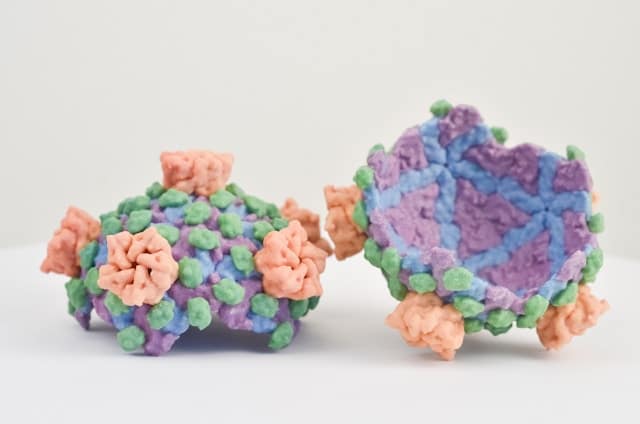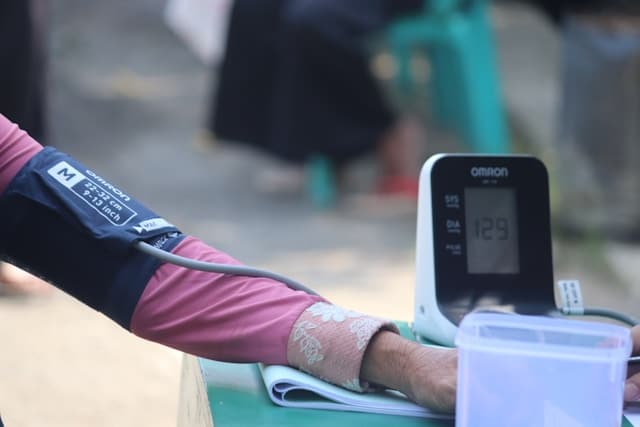Pancreatic cancer is one of the most challenging cancers to detect in its early stages, making awareness of its symptoms crucial. Often called a “silent killer,” this disease progresses quietly, with symptoms that can be mistaken for common health issues. However, recognizing the warning signs early can lead to quicker diagnosis and better treatment options. In this article, we’ll explore the key symptoms, risk factors, and when to seek medical advice.
1. Unexplained Weight Loss

Sudden and unexplained weight loss is one of the earliest signs of pancreatic cancer. If you’re losing weight without changing your diet or exercise habits, your body may be struggling to absorb nutrients due to pancreatic dysfunction. This can lead to malnutrition and fatigue, so it’s essential to consult a doctor if you’re experiencing rapid weight loss.
2. Persistent Abdominal or Back Pain

Pain in the upper abdomen that radiates to the back is a common symptom of pancreatic cancer. This discomfort is often persistent and may worsen after eating or lying down. While abdominal pain can have many causes, prolonged or unexplained pain should not be ignored.
3. Jaundice (Yellowing of Skin and Eyes)

A yellowish tint to the skin and eyes, known as jaundice, is a significant warning sign of pancreatic cancer. The pancreas is located near the bile duct, and tumors can block bile flow, leading to a buildup of bilirubin. If you notice yellowing of your skin or eyes, dark urine, or pale stools, it’s crucial to see a doctor immediately.
4. Digestive Issues and Loss of Appetite

Pancreatic cancer can interfere with digestion, causing bloating, nausea, indigestion, and a general loss of appetite. Some people may also develop greasy, foul-smelling stools, which indicate the body isn’t properly breaking down fats. If digestive problems persist, it’s important to seek medical attention.
5. New-Onset Diabetes or Blood Sugar Changes

The pancreas plays a key role in regulating blood sugar, and a tumor can disrupt this balance. Some individuals develop diabetes without a clear cause before being diagnosed with pancreatic cancer. Symptoms like frequent urination, excessive thirst, and unexplained fatigue could signal a deeper issue.
6. Fatigue and Weakness

Chronic fatigue, even with adequate rest, maybe a sign of pancreatic cancer. Cancer cells consume energy, and as the disease progresses, the body’s resources become depleted. If you find yourself feeling unusually weak or exhausted, it’s worth discussing with a healthcare professional.
7. Dark Urine and Pale Stools

A change in urine and stool color can indicate pancreatic or bile duct issues. Dark urine may suggest high bilirubin levels, while pale or clay-colored stools can signal bile obstruction. These changes often accompany jaundice and should be evaluated by a doctor.
8. Itchy Skin

Bile buildup in the bloodstream due to pancreatic cancer can lead to persistent itchiness. This is often one of the lesser-known symptoms, but it can be an early indicator of bile duct obstruction. If you have unexplained, intense itching, don’t overlook it.
If you’re experiencing any of these symptoms persistently—especially a combination of jaundice, weight loss, and abdominal pain—it’s important to consult a doctor promptly. While these signs don’t always indicate pancreatic cancer, early detection significantly improves treatment options and outcomes.
